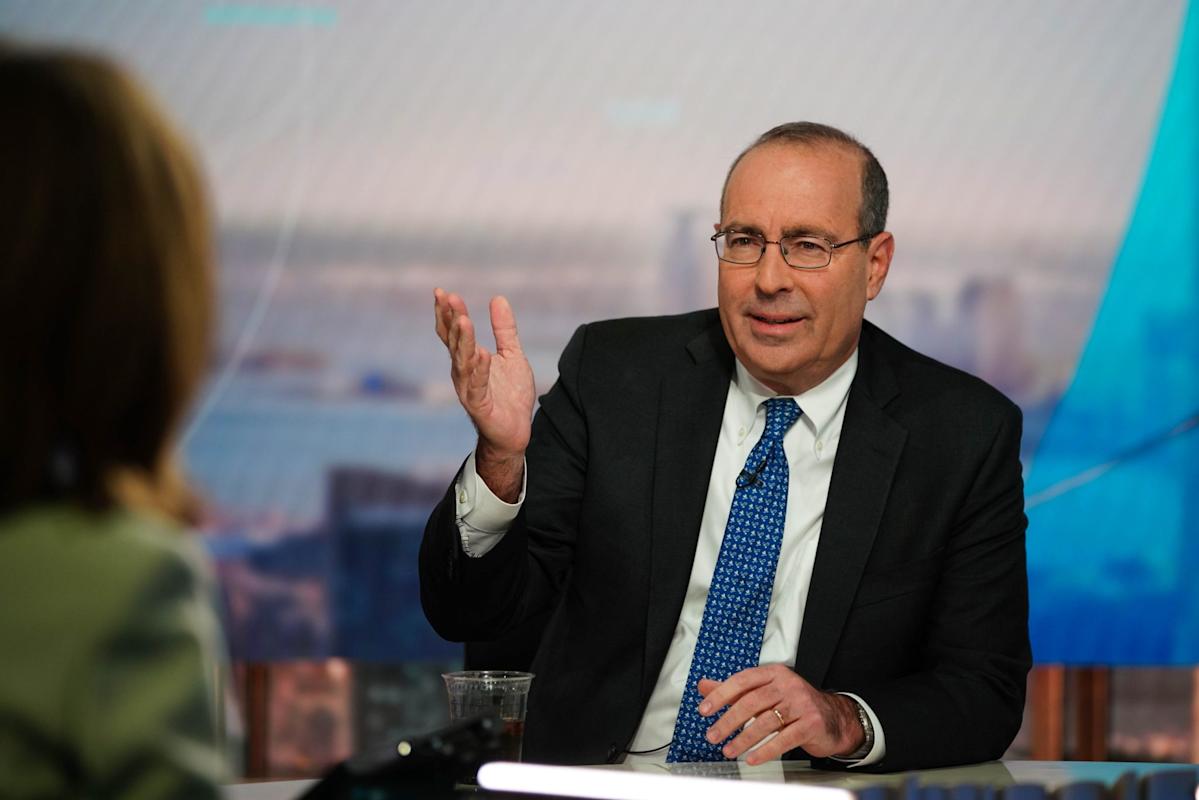Trump Wants Fed Action: April 2 Delay? Market Awaits Crucial Decision
President Trump's recent calls for Federal Reserve intervention have sent shockwaves through the financial markets, sparking intense speculation about the potential for a delay in the upcoming April 2 interest rate decision. The President's public pressure on the Fed, an institution traditionally shielded from political interference, raises critical questions about the independence of the central bank and the potential consequences for the US economy.
The President's Plea and Market Reactions
Trump's repeated calls for lower interest rates, particularly in the face of slowing economic growth and global uncertainty, have been met with mixed reactions. While some analysts believe a rate cut could stimulate the economy, others warn of the potential risks of further monetary easing, including fueling inflation and asset bubbles. The Dow Jones Industrial Average and other major indices have exhibited significant volatility in response to these developments, reflecting the market's uncertainty.
-
The Argument for Lower Rates: Supporters of a rate cut argue that it's necessary to counteract the impact of the trade war with China and other global economic headwinds. They believe lower borrowing costs could encourage businesses to invest and consumers to spend, boosting economic growth.
-
Concerns About Independence: Critics, however, express serious concerns about the potential erosion of the Fed's independence. They argue that subjecting the central bank to political pressure undermines its ability to make objective decisions based on economic data, potentially leading to poor policy choices with long-term consequences. The independence of the Fed is a cornerstone of a stable financial system, and any perceived compromise of this principle could have far-reaching impacts.
-
April 2 Deadline Looms: The April 2 meeting of the Federal Open Market Committee (FOMC) is now under intense scrutiny. While the Fed has historically maintained its independence, the President's public pressure raises the question: will the FOMC yield to political pressure and cut interest rates despite underlying economic indicators? The market eagerly awaits the announcement.
Understanding the Potential Impacts
A delay in the April 2 decision, or a decision influenced by political pressure, could have significant consequences:
-
Market Volatility: Increased uncertainty could lead to heightened volatility in the stock market and other financial assets.
-
International Implications: The perception of a politicized Fed could damage the credibility of the US dollar and potentially destabilize global financial markets.
-
Inflationary Pressures: Lower interest rates could potentially fuel inflation if the economy is already operating near its full capacity.
-
Long-Term Economic Growth: The long-term impact on economic growth depends on the effectiveness of the monetary policy response and the underlying economic conditions.
What Happens Next?
The coming days will be crucial in determining the FOMC's response to the President's pressure. Analysts will be closely scrutinizing economic data releases and statements from Fed officials to gauge the likelihood of a rate cut and the potential for a delay. The situation underscores the complex interplay between politics and economics, and the critical role of independent institutions in maintaining a stable and healthy economy.
Stay tuned for updates as this crucial situation unfolds. What are your thoughts on the President's intervention? Share your opinions in the comments below.
(Note: This article provides commentary and analysis based on available information. It is not financial advice. Consult with a financial professional before making any investment decisions.)

